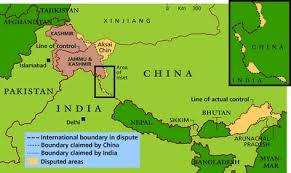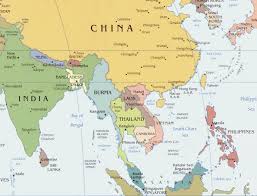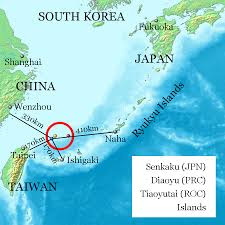|
Chinese President Xi Jinping said that they are ready to join hands with the neighboring nations for global development. But China has not yet made any initiative to settle the disputes and misunderstandings between her neighbors.
China is the most populous country in the world and third largest in Area. It has 14 neighbors sharing its 22,000 km land borders viz., North Korea, Russia, Mongolia, Kazakhstan, Kyrgyzstan, Tajikistan, Afghanistan, Pakistan, India, Nepal, Bhutan, Myanmar, Laos and Vietnam.
when Xi Jinping delivered a speech at the UN general assembly, he mentioned that he is focusing on a ‘community of shared future for mankind’. He said that ‘the essence of sovereign equality is that the sovereignty and dignity of all countries, whether big or small, strong or weak, rich or poor, must be respected, their internal affairs allow no interference and they have the right to independently choose their social system and development path’.
China has a longer historyof torturing neighboring countries with the ambition of territory expansion. Furthermore, the Chinese civil war between
|





